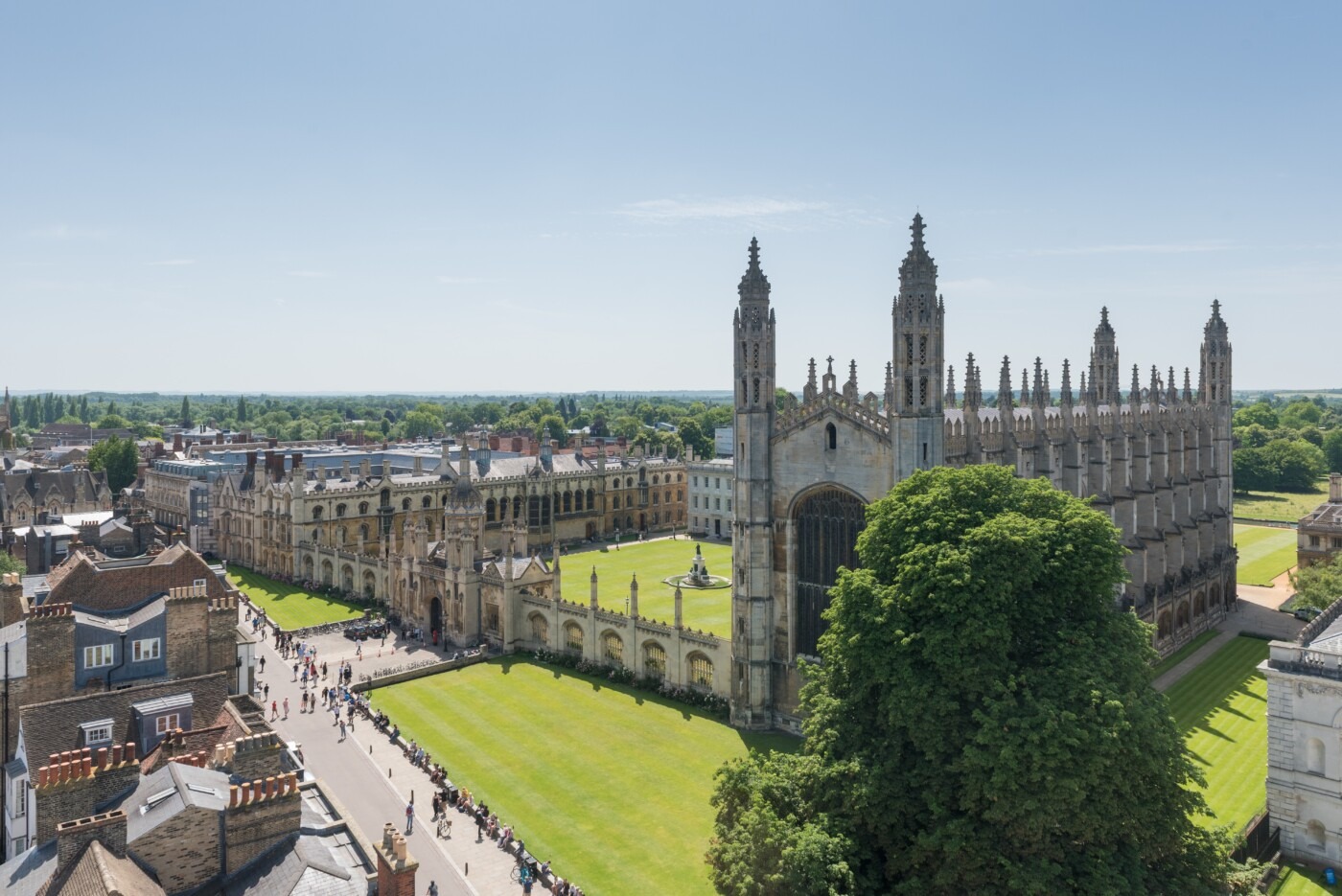Study finds Cambridge University ‘benefitted from slavery’
A three-year inquiry conducted by the Advisory Group on the Legacies of Enslavement has concluded that the University of Cambridge has benefitted substantially from slavery.
The study found significant components of the institution’s funding derive directly from the exploitation of enslaved people.
Cambridge has celebrated well-known abolitionists such as Thomas Clarkson and William Wilberforce. However, since the publishing of the study’s findings, the institution has acknowledged that there were, “powerful forces in Cambridge that these abolitionists had to fight against.”
The study comes in light of increasing countrywide campaigning against statues of slave traders situated around the UK, such as Cambridge’s Tobias Rustat statue on the chapel wall of Jesus College. Much of the public have called for institutions to take accountability for their colonial pasts.
As the world’s third oldest surviving university, the presence of the slave trade in the success of the University of Cambridge came as no surprise to the vice-chancellor and commissioner of the inquiry, Professor Steven Toop, who described the study findings as an inevitable aspect of the university given its age.
Though the study found no evidence to suggest that the university itself owned enslaved people or slave plantations, Cambridge was found to have made significant investments in the South Sea Trade Company.
This company traded slaves between Africa, South America, and the Caribbean from 1713 to 1740. The university’s investments are said to have greatly benefitted numerous colleges within the university, many receiving dividends on their bonds until 1854. In addition to this, many plantation families sent their children to Cambridge in order to further their social standing.
Tyra Amofah-Akardom, Black Advisory Hub co-chair at Cambridge, says universities act as microcosms of society and stresses the importance of Cambridge’s want to acknowledge the colonial history present in its foundations, in the hope that this will enact change that other institutions will emulate.
The findings from this inquiry have been met with an array of responses, with some arguing that this represents Cambridge’s “obsession with race” and is mere “activism masquerading as academia”.
Countering this, others have argued that this study comes as a shock to no one and presents a further need to investigate the ways in which the UK has, as a whole, benefitted from the slave trade. In support of this view, Professor Steven Toope highlighted the importance of history and self-reflection in mapping the course of the institution’s future.
In light of this study, Cambridge’s Museum of Archaeology and Anthropology has recommended that the Benin Bronzes, taken from Nigeria in a violent military campaign, be legally returned.
Additionally, the university has pledged to create new postgraduate places for Black British students from Africa and the Caribbean and to “work even harder” to address current inequalities related to Black communities.

Comments